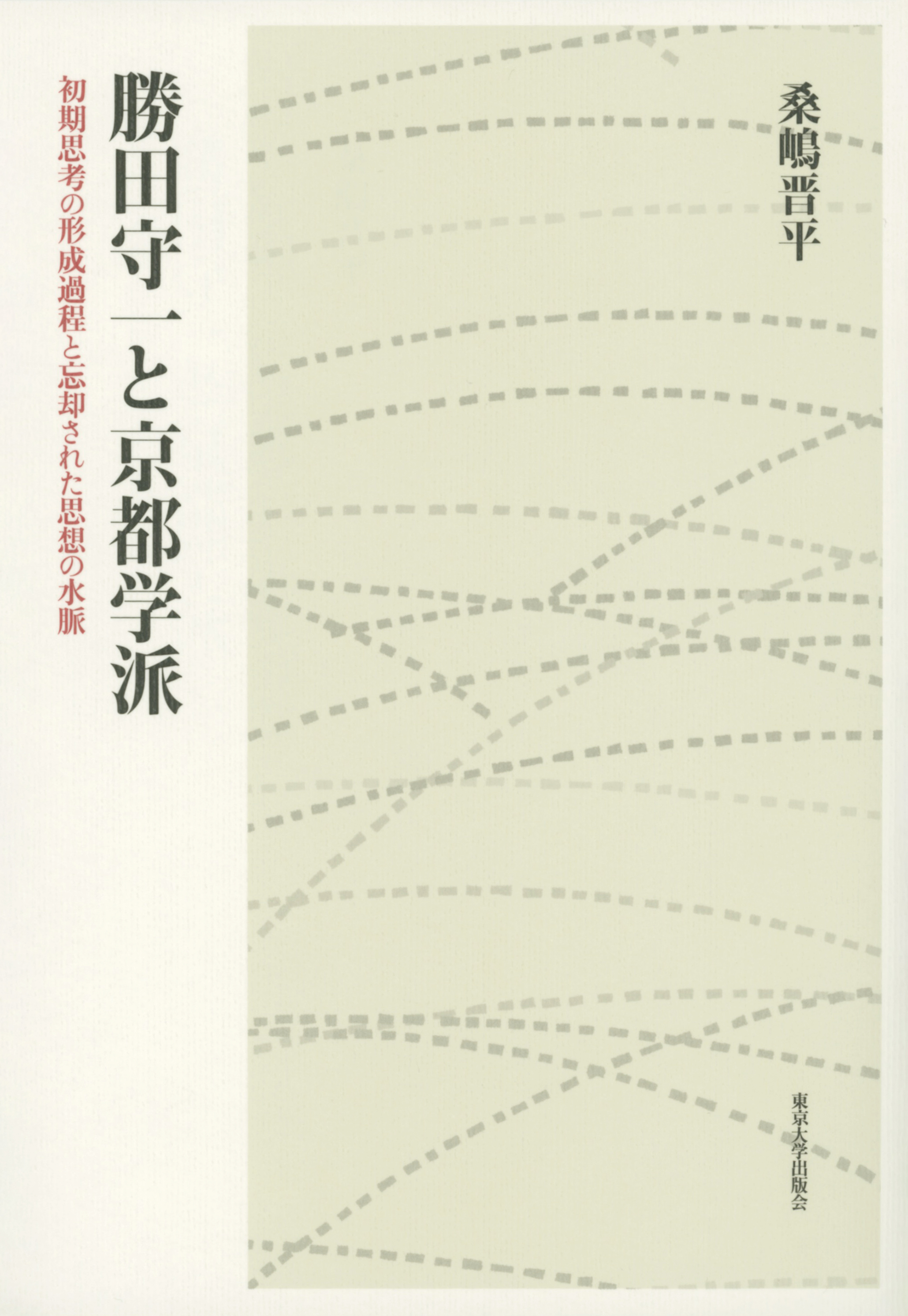
Title
Katsuta Shuichi to Kyoto Gakuha (Katsuta Shuichi and the Kyoto School - The process of forming early thoughts and the currents of forgotten thoughts)
Size
328 pages, A5 format
Language
Japanese
Released
March 29, 2021
ISBN
978-4-13-056233-1
Published by
University of Tokyo Press
Book Info
See Book Availability at Library
Japanese Page
The title of this book, “Katsuta Shuichi and the Kyoto School,” may seem extremely strange. Katsuta Shuichi is known as a postwar reformist group pedagogue and a figure who led the practice of education and the educational movement and who became a theoretical pillar. Conversely, there were a number of theorists in the lineage of the Kyoto School who were positioned on the conservative side after the war, contributing to a “reactionary” education policy. Hence, the Kyoto School is generally understood to be one that those postwar reformist group thinkers on pedagogy (including Katsuta) as well as pedagogues came into conflict with. Why are both of these groups connected with the word “and”? This question is something to consider and seems to be appropriate.
Katsuta got his start in the Philosophy Department at the Faculty of Humanities within Kyoto Imperial University, or in other words, the hub of thought of the Kyoto School. Even if he changed his stance in the postwar period, it is a good idea to question how Katsuta formed his own ideas from within the hub of thought at the Kyoto School, as well as how these thoughts cast a shadow after the war.
This inquiry will not simply stop at returning to the process of thought formation by the well-known pedagogue Katsuta. Questioning the relationships between Katsuta and the Kyoto School will lead to a re-interrogation of postwar education and pedagogy in Japan as well as consequently asking questions of postwar thought.
Education and the academic study of education in postwar Japan has been understood as a conflict between conservativism and progressivism. However, it is necessary to take a detailed look into the complex aspects of how the conflict operated in reality as well as the processes through which it was formed. The reason is because many of the theorists who were responsible for pedagogy in the postwar period, beginning with Katsuta, formed their ways of thinking in the prewar period and it was extremely difficult for them to wade through their thoughts after the war and decide what positions to adopt.
For this reason, I have charted the history of the thinking of Katsuta from when he began to form his own thoughts at the Kyoto Imperial University to the early postwar period (However, in Chapter 6, there is an exception whereby the moral education controversy of the late 1950s is taken up.), while at the same time, clarifying overlaps and discrepancies with the various theorists of the Kyoto School. One of the great achievements of this book is that it was able to clarify the overlaps and differences between Katsuta and the early ideas and other theorists of the Kyoto School, re-questioning postwar educational thought and presenting a basic standpoint for understanding postwar education and the study of education. Alternatively, another way in which it is significant is that it contains not only hitherto published texts but also new materials have been uncovered (e.g., texts that have escaped the records of lectures and catalogs of books from the old Matsumoto High School era).
This book can be read as a reminder of the origin of the thoughts of a pedagogue named Katsuta, as a selected history of postwar pedagogy, or as a case study of the “expansion of the Kyoto School.” In tandem with this, it is my hope that you can see both the light and the shadow within Katsuta, a human being with no option but to face up to his origin in an ambiguous fashion.
(Written by: KUWAJIMA Shinpei / March 22, 2022)
Related Info
The 1st UTokyo Jiritsu Award for Early Career Academics (The University of Tokyo 2020)
https://www.u-tokyo.ac.jp/ja/research/systems-data/n03_kankojosei.html




 eBook
eBook